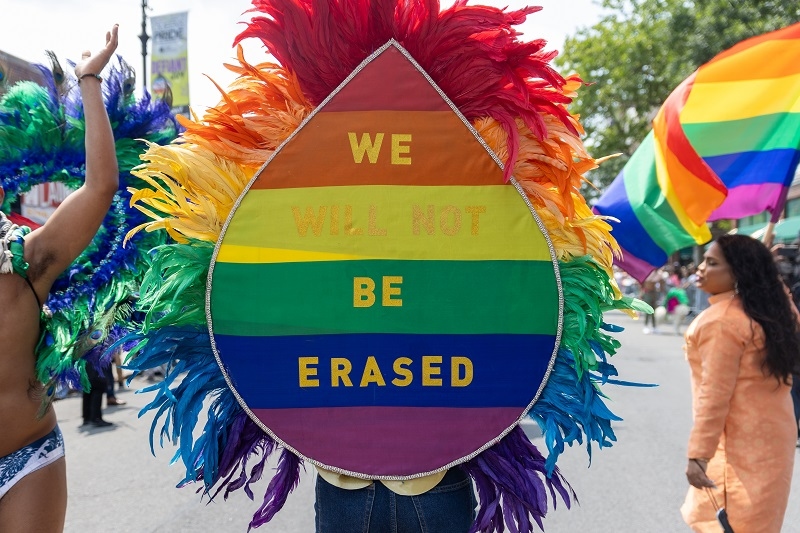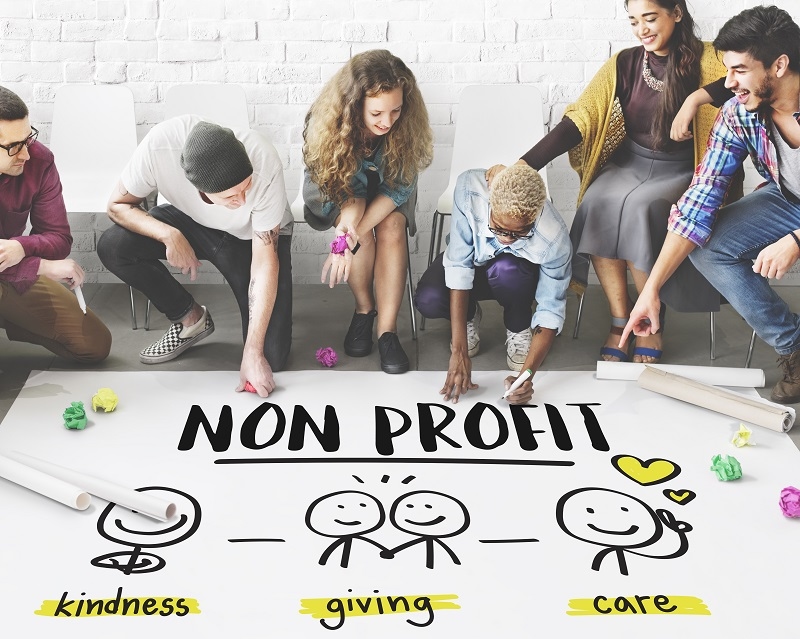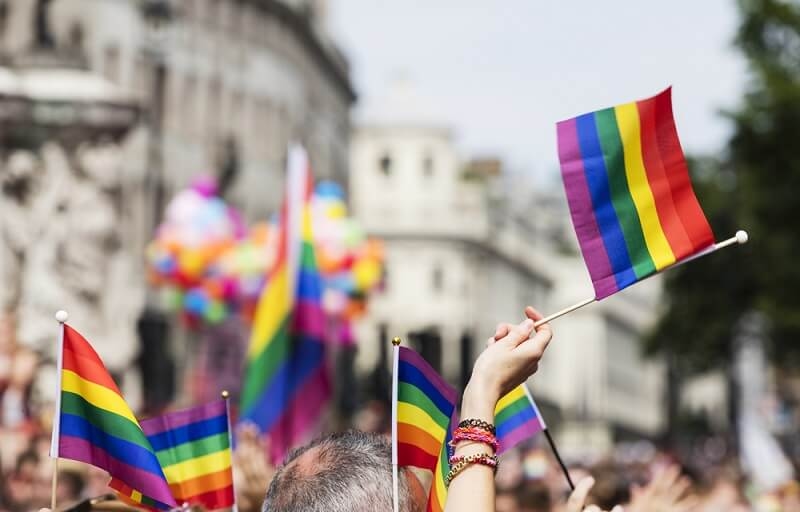What It Means To Be Gay and Living With Bipolar Disorder

In the vast spectrum of human experiences, the intersection of being gay and living with bipolar disorder presents a unique set of challenges and triumphs. This blog post aims to shed light on this often-overlooked intersectionality, exploring the complexities of navigating life with these dual identities.
We delve into the intricacies of bipolar disorder, a mental health condition characterized by extreme mood swings, and the diverse spectrum of sexuality, with a focus on the gay community. We'll also examine the experiences of individuals who courageously navigate this intersection, offering insights into their struggles, resilience, and the importance of community support. Join us as we embark on this enlightening journey, fostering understanding, empathy, and inclusivity for all.
Understanding Bipolar Disorder
Bipolar disorder, formerly known as manic depression, is a mental health condition characterized by extreme mood swings that include emotional highs (mania or hypomania) and lows (depression). These shifts can affect a person's energy level, judgment, and ability to carry out day-to-day tasks.
The 'bi' in bipolar refers to these two states of depression and hypomania. During a depressive episode, an individual may feel sad, hopeless, or lose interest in most activities. Conversely, during a manic or hypomanic episode, they may feel euphoric, full of energy, or unusually irritable. These mood swings can affect sleep, energy, activity, judgment, behavior, and the ability to think clearly.
It's important to note that bipolar disorder varies significantly among individuals. Some may experience mood swings rarely and between long periods of normal mood, while others may experience rapid and severe mood swings. Understanding the nuances of this disorder is the first step towards empathizing with those who live with it daily.
Exploring Sexual Orientation: The Gay Experience
Sexuality is a deeply personal aspect of one's identity, encompassing who we are attracted to emotionally, romantically, and sexually. In this section, we focus on the gay community, individuals who are primarily attracted to those of the same sex.
Being gay is about more than just sexual preference. It's about identity, community, and, for many, a journey of self-discovery and acceptance. Unfortunately, misconceptions and stereotypes about being gay persist, leading to societal pressures and stigma. For instance, the notion that bisexual individuals "just can't decide between being straight or gay" is a harmful stereotype that oversimplifies the complexity of human sexuality.
For those who identify as gay and live with bipolar disorder, these challenges can be amplified. The next section will delve into the intersection of these identities, exploring the unique experiences of those who navigate this path.
You may also like: Explore The Different Types Of Sexualities: A Quick Guide
The Link Between Being Gay and Having Bipolar Disorder: Insights and Support

Research suggests that individuals who identify as gay may be more likely to experience mental health difficulties, primarily due to the stigma and discrimination they face. This stigma can also present a barrier to accessing suitable treatment. Interestingly, some studies indicate that being attracted to people of the same gender may correlate with a higher likelihood of developing bipolar disorder compared to the general population.
Bipolar disorder is a group of conditions that cause unusual shifts in a person's mood, energy levels, activity levels, concentration, and ability to carry out day-to-day tasks. These shifts manifest as depressive episodes, where a person may feel sad, worthless, hopeless, guilty, or alone, and manic episodes, where a person may feel very energetic, happy, sociable, or make impulsive decisions.
While researchers do not fully understand why some people develop bipolar disorder, they suggest that genetic and early developmental factors, emotional abuse, and certain environmental factors, such as trauma, other mental health issues, and certain physical health issues, may play a role. Gay individuals may be more likely to experience these environmental risk factors.
However, it's important to note that not all studies suggest a link between bipolar disorder and sexual orientation. Some research indicates that same-sex sexual behavior occurs at similar rates between people with and without a diagnosis of bipolar disorder.
For gay individuals living with bipolar disorder, a combination of medications, therapy, and social support can provide relief. When looking for a mental health professional, considerations may include whether they would prefer a professional who is also gay or who has an understanding of common LGBTQIA+ issues, referrals from trusted friends or loved ones, calling ahead of an appointment to check whether the professional has previous experience with LGBTQIA+ clients, and asking questions to ensure that the mental health professional is LGBTQIA+ competent.
Having a mental health diagnosis is a risk factor for thinking about and attempting suicide. Research notes that the rate of suicide among people with bipolar disorder is 1030 times higher than that of the general public and that 2060% of people with bipolar disorder attempt suicide at least once in their lifetime. The prevalence of seriously considering or attempting suicide is also higher among LGB people. Therefore, it's crucial to take any mention of suicide seriously and to listen attentively and compassionately to anyone expressing difficulty.
You may also like: Exploring Gender Identity: Navigating the Journey Properly
Coping Mechanisms and Skill Building: Navigating the Journey
Living with bipolar disorder requires the development of coping mechanisms and skills to manage the condition effectively. This is especially true for individuals who also navigate the complexities of being gay, as they often face additional stressors related to their sexual orientation. Coping mechanisms can be both positive and negative. Positive coping strategies might include regular exercise, maintaining a healthy diet, ensuring adequate sleep, and seeking therapy or counseling. These strategies can help manage the symptoms of bipolar disorder and improve overall well-being.
On the other hand, negative coping mechanisms, such as substance abuse or self-isolation, can exacerbate the symptoms of bipolar disorder and lead to further complications. Recognizing and addressing these harmful coping strategies is crucial to ensure optimal mental health.
In addition to coping mechanisms, skill-building is an essential part of managing bipolar disorder. This can include learning about the condition, understanding personal triggers, developing strategies to manage mood swings, and building a strong support network.
For example, cognitive-behavioral therapy (CBT) can be particularly effective in helping individuals with bipolar disorder build these skills. CBT can help individuals understand their thought patterns, manage their reactions to mood changes, and develop strategies to cope with life's challenges. Everyone's journey is unique; what works for one person may not work for another. It's important to seek professional help and find the strategies that work best for you.
You may also like: Understanding Sex and Gender: A Comprehensive Guide
Conclusion: Key Takeaways and Moving Forward
Navigating the intersection of being gay and living with bipolar disorder is a unique journey filled with challenges and triumphs. Here are the key takeaways from our exploration:
- Understanding Bipolar Disorder: Bipolar disorder is a mental health condition characterized by extreme mood swings, including emotional highs (mania or hypomania) and lows (depression).
- Exploring Sexual Orientation: Being gay is about more than just sexual preference. It's about identity, community, and a journey of self-discovery and acceptance.
- The Intersection of Being Gay and Bipolar: Individuals who identify as gay and have bipolar disorder face unique challenges due to the intersection of these identities. However, they also display remarkable resilience and often become advocates for mental health and LGBTQ+ rights.
- Coping Mechanisms and Skill Building: Positive coping strategies and skill-building are essential for managing bipolar disorder effectively. This includes understanding the condition, recognizing personal triggers, and developing strategies to manage mood swings.
As we move forward, it's crucial to foster understanding, empathy, and inclusivity for all. We must continue raising awareness, challenging stigma, and ensuring everyone has access to the support and resources they need. Remember, every person's journey is unique, and their experiences are valid. Let's celebrate these diverse journeys and continue to learn from each other.
This content was created by AI





















